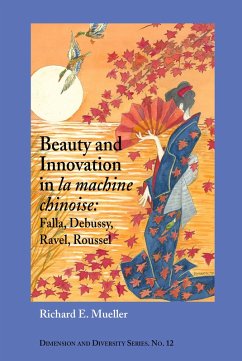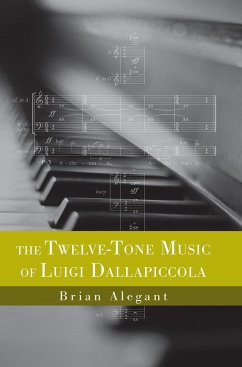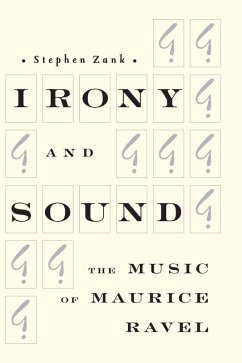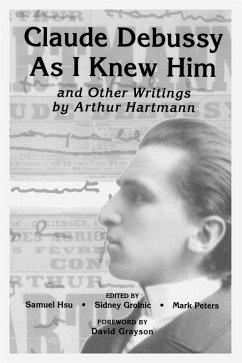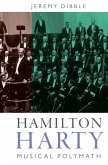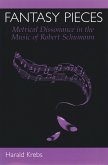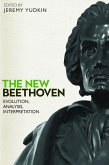During the first decade of the 20th century, Falla, Debussy, Ravel, and Roussel composed works laced with exotic coloration, a type of piece that Debussy termed la machine chinoise. Various historical factors at the time, including two world fairs and the vogue for Japanese prints, brought the rage for musical exoticism to a peak. But interest in Far Eastern forms of music among composers seeking innovative forms of expression coincided with avant-garde tendencies in the treatment of tonality and form.
Innovation within the machine chinoise includes structural factors only indirectly involved with exotic coloration. Although musical beauty is intuited and cannot be described in words, it exists and can be located on the basis of ideas shared by philosophers, musicologists, and composers. The role Benedictus' Javanese transcriptions play in the germination of these works fails to account for their musical beauty: these are minor masterpieces for the unforeseeable ingenuity and imagination with which they are composed. This book strikes a balance between history and criticism by bringing together new forms of structural analysis with newly discovered exotic influences and broader frames of historical reference.
Richard Mueller is an independent scholar. He holds degrees in musicology, piano, and composition from Harvard, Indiana University, and the University of Chicago (PhD, 1983) and has taught at Holy Cross College and the University of Connecticut.
Innovation within the machine chinoise includes structural factors only indirectly involved with exotic coloration. Although musical beauty is intuited and cannot be described in words, it exists and can be located on the basis of ideas shared by philosophers, musicologists, and composers. The role Benedictus' Javanese transcriptions play in the germination of these works fails to account for their musical beauty: these are minor masterpieces for the unforeseeable ingenuity and imagination with which they are composed. This book strikes a balance between history and criticism by bringing together new forms of structural analysis with newly discovered exotic influences and broader frames of historical reference.
Richard Mueller is an independent scholar. He holds degrees in musicology, piano, and composition from Harvard, Indiana University, and the University of Chicago (PhD, 1983) and has taught at Holy Cross College and the University of Connecticut.
Dieser Download kann aus rechtlichen Gründen nur mit Rechnungsadresse in A, D ausgeliefert werden.

